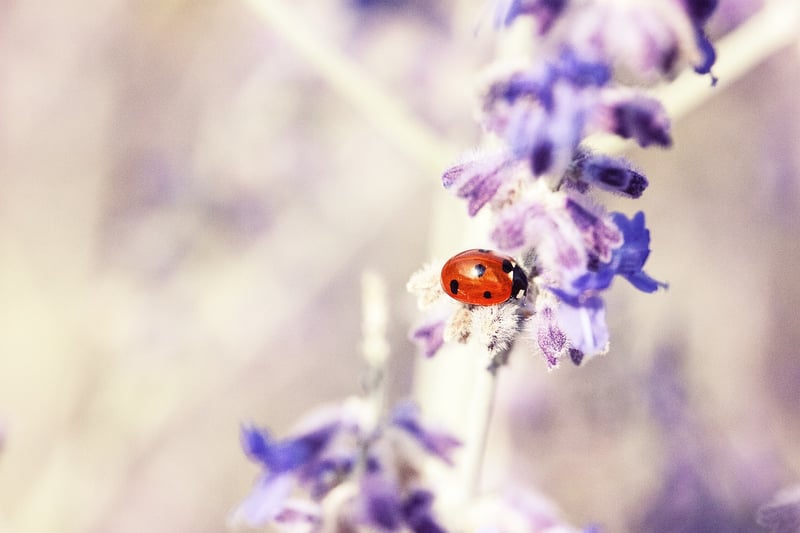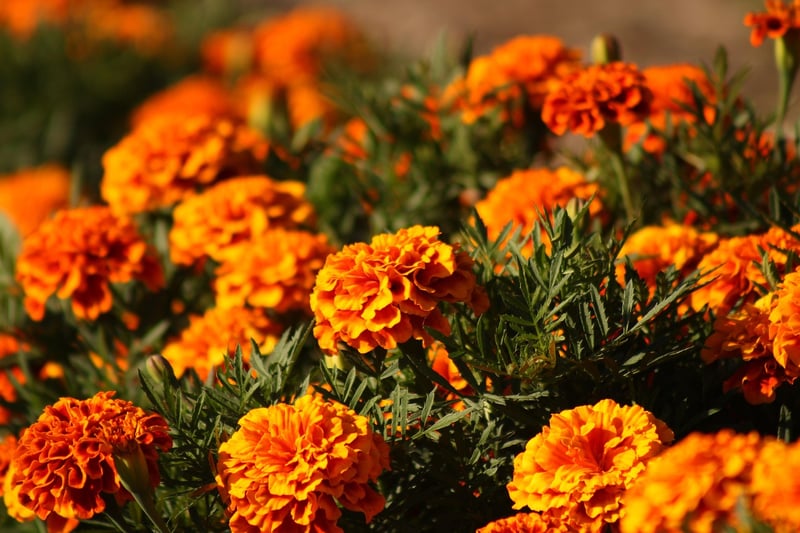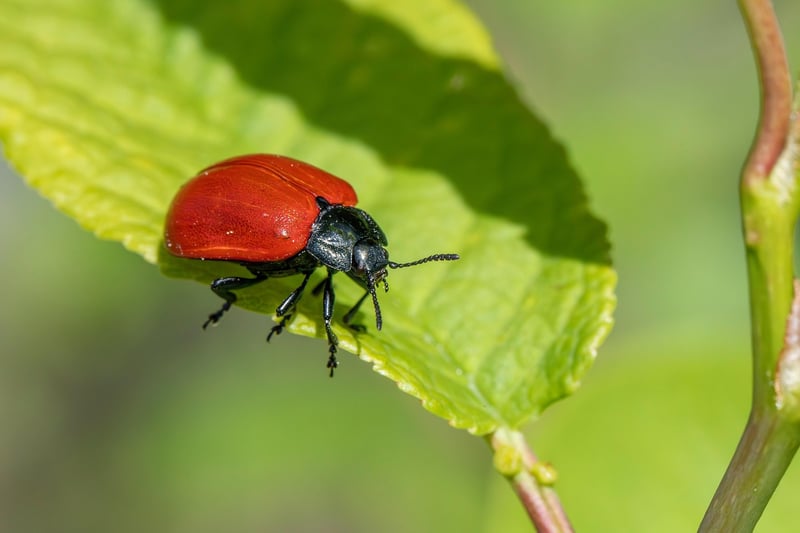Natural Pest Control
Dealing with Garden Pests: Natural Pest Control
Gardening can be a rewarding and therapeutic activity, but dealing with garden pests can be a challenge for even the most seasoned gardeners. While pests can wreak havoc on your plants, resorting to harsh chemicals is not always the best solution. In this article, we'll explore natural pest control methods to help you protect your garden and the environment.
Identifying Common Garden Pests
Before implementing any pest control measures, it's essential to identify the pests that are causing damage to your plants. Common garden pests include aphids, snails, slugs, caterpillars, and spider mites. By knowing which pests you're dealing with, you can choose the most effective control methods.
Natural Pest Control Methods
1. Beneficial Insects
Introducing beneficial insects like ladybugs, lacewings, and predatory mites into your garden can help control pest populations naturally. These insects feed on common garden pests and can be an effective long-term solution.
2. Neem Oil
Neem oil is a natural insecticide that can help repel a wide range of garden pests, including aphids, mealybugs, and spider mites. It is safe to use around children and pets and can be an excellent alternative to chemical pesticides.
3. Companion Planting
Planting certain herbs and flowers alongside your vegetables can help deter pests and attract beneficial insects. For example, marigolds can repel nematodes, while lavender can attract pollinators to your garden.
4. Homemade Sprays
You can create homemade pest control sprays using ingredients like garlic, chili peppers, and soap. These sprays can be effective against soft-bodied insects like aphids and caterpillars while being safe for your plants.
Conclusion
Dealing with garden pests doesn't have to mean resorting to harmful chemicals. By using natural pest control methods, you can protect your plants, beneficial insects, and the environment. Remember to regularly monitor your garden for signs of pests and be proactive in implementing control measures to ensure a healthy and thriving garden.



